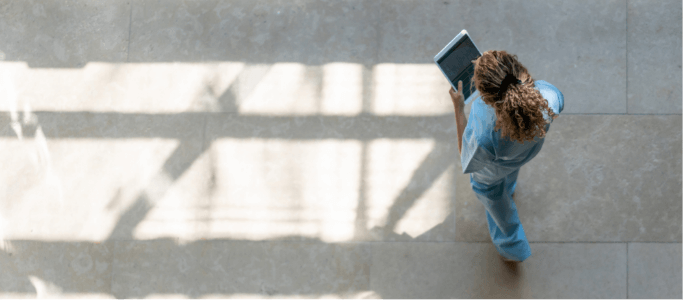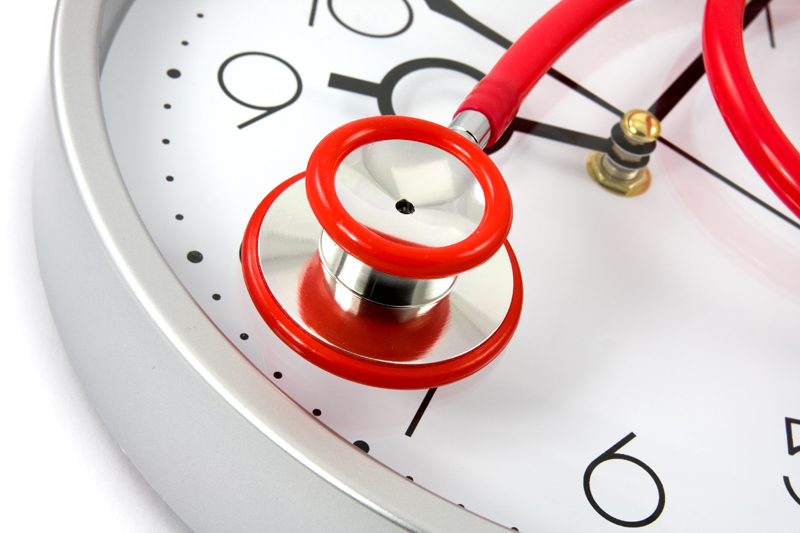Part II continues to focus on New Jersey statutes that impact health care and have been approved by the New Jersey Legislature and Governor including a new statute that regulates pharmacy benefit managers.
New Jersey Further Regulates Pharmacy Benefit Managers
Approved Bill A536 supplements Title 17B of the New Jersey Statutes and provides more oversight of Pharmacy Benefit Managers (“PBMs”), the third-party companies who manage prescription drug plans, to address prescription affordability and business activities. The Bill first prohibits any business entity from acting as a PBM without the proper licensure from the State. It also establishes new transparency standards, data and record reporting requirements and cost establishment modifications.
It requires any funds that the PBMs receive for their services to be credited to the patient at the point of sale or to the carrier to offset premiums. The bill also precludes a carrier from entering a contract with PBMs that prohibits the pharmacy from providing patients the option of paying for their prescription in cash instead of filing a claim with their carrier if the cash price is less than the patient’s cost-sharing amount.
A carrier, or PBM under contract with a carrier, must establish a single maximum allowable cost list to use with each pharmacy provider to show the maximum amount to be paid by a health plan to a pharmacy for generic drugs or brand-name drugs that have a least one generic equivalent available. For any drug for which a generic equivalent is not available or a prescription drug is not included on the maximum allowable cost list, the carrier and PBMs must use the average wholesale price. For each pharmacy provider, a carrier or PBM must use one national drug pricing source during a calendar year and make it publicly accessible on the carrier or PBM’s website.
New Jersey Approves Act to Allow Hospitals to Provide Acute Care Outside of Their Facilities
The New Jersey Legislature approved Bill A4914 to establish the Hospital at Home Act and authorized the Department of Health to permit a hospital to provide acute care services to an individual outside of their licensed facility and within a private residence. The program must be consistent with the federal Centers for Medicare and Medicaid Services (“CMS”) Acute Hospital Care at Home Program.
Additionally, any insurance carrier offering health benefits in the state, including Medicaid and NJ FamilyCare programs, must provide coverage for acute hospital services by a credentialed provider delivered through the program. Any hospital with a waiver to operate under CMS’ federal program before the Act’s effective date would be fully integrated into the New Jersey program.
New Jersey Allows Certain Military Medical Trainings as Nursing License Credits
Approved Bill A2722 amends N.J.S.A. 45:11-23 et seq. to permit veterans to receive credit for completing certain military medical training programs towards requirements for licensure as a licensed practical nurse (“LPN”). The goal is to provide a path for honorably discharged veterans with applicable medical training from the military to become an LPN. The bill includes a list of 6 specific military training programs to count as credit for the licensure and allows the Department of Military and Veterans’ Affairs to determine other programs that may qualify. The programs include practical nursing, health care, or medic specialist training; medical technician corpsman training; aerospace training; and independent duty medical technician training.
New Jersey Raises Income Eligibility Limits for the State’s Senior Prescription Drug and Hearing Aid Programs
Approved Bill S3 amends N.J.S.A. 30:4D-20 et seq. to address concerns over drug prices and the Pharmaceutical Assistance to the Aged and Disabled Program ("PAAD"). The Bill seeks to benefit more seniors in the state and promote enrollment in both PAAD and the Senior Gold Prescription Program. The PAAD and Senior Gold Prescription Drug Discount programs are available to residents 65 years and older and those with disabilities.
As amended, the Bill increases the income eligibility limits for PAAD by $10,000 to $52,142 for single persons and $59,209 for combined income for married couples. The Bill also establishes a grant program within the Department of Human Services to support the hiring and training of Senior Save Navigators and assist residents in applying for such programs.
New Jersey Appropriates $3.6 Million to DHS for Pediatric Medical Day Care Service Providers
Approved Bill A5082 establishes an annually adjusted Medicaid per diem rate for pediatric medical day care services delivered by a provider offering on-site services under the Medicaid fee-for-service and managed care delivery systems. The increase makes the per diem reimbursement rate to equal 45% of the average Medicaid fee-for-service per diem rate of all pediatric skilled care nursing facilities in the state. The State also appropriated $3.6 million to the Department of Human Services for payment to pediatric medical daycare providers in order to comply with the requirements of the Bill.





